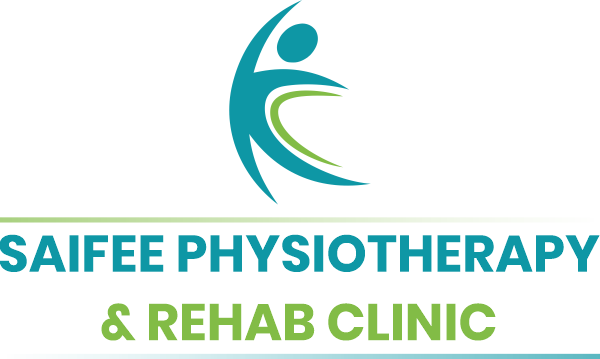Physiotherapy

Physiotherapy plays a crucial role in managing and preventing lifestyle diseases, such as obesity, diabetes, hypertension, and cardiovascular conditions. These diseases are often linked to sedentary lifestyles, poor posture, and insufficient physical activity. Physiotherapists design individualized exercise programs to address these conditions, improve mobility, and enhance overall quality of life. Here’s how physiotherapy can help manage lifestyle diseases:
1. Obesity Management
Exercise prescription: Physiotherapists provide tailored exercise routines to aid weight loss, increase metabolism, and improve cardiovascular fitness.
Postural correction: Poor posture can contribute to weight gain and physical discomfort, which physiotherapy can address by strengthening postural muscles.
Behavioral coaching: Physiotherapists often guide patients on incorporating more physical activity into their daily routines, alongside nutrition advice (where applicable).
2. Hypertension (High Blood Pressure)
Cardiovascular exercises: Aerobic exercises like walking, swimming, and cycling can help lower blood pressure and reduce the risk of heart disease.
Breathing techniques: Physiotherapists may teach techniques like diaphragmatic breathing and relaxation exercises to help reduce stress and manage blood pressure.
Postural adjustments: Correct posture improves circulation and reduces strain on the heart, helping manage blood pressure levels.
3. Diabetes Management
Exercise for insulin sensitivity: Regular physical activity helps improve insulin sensitivity, controlling blood glucose levels. Physiotherapists can guide patients on appropriate exercises based on their fitness level.
Muscle strengthening: Strength training can enhance glucose uptake by muscles, which helps in controlling blood sugar levels.
Foot care: Physiotherapists help manage diabetic foot care by providing advice on footwear, posture, and exercises to prevent neuropathy and improve circulation.
4. Cardiovascular Health
Cardiac rehabilitation: Post-heart attack or post-surgery physiotherapy focuses on a gradual return to physical activity, strength-building, and improving cardiovascular endurance.
Breathing exercises: Techniques like diaphragmatic breathing can help improve lung capacity and circulation.
Aerobic exercises: Physiotherapists recommend exercises that improve heart function, such as walking or cycling, with gradual intensity increases.
5. Musculoskeletal Pain (Due to Sedentary Lifestyle)
Posture correction: Poor posture from sitting long hours can lead to musculoskeletal pain. Physiotherapists assess body alignment and suggest exercises to strengthen weak muscles and stretch tight ones.
Stretching and strengthening: Regular stretching and strengthening exercises can alleviate pain and prevent further issues from prolonged sitting or inactivity.
6. Stress and Mental Well-Being
Relaxation techniques: Physiotherapists teach techniques like progressive muscle relaxation, mindfulness, and controlled breathing to reduce stress, which is often a contributor to lifestyle diseases.
Exercise as a stress reliever: Physical activity releases endorphins, which help improve mood and reduce anxiety, contributing to overall well-being.
7. Prevention of Future Health Issues
Education: Physiotherapists educate individuals about the importance of physical activity, posture correction, ergonomic adjustments in the workplace, and healthy habits to prevent the onset of lifestyle diseases.
Long-term maintenance: Physiotherapy ensures individuals develop the necessary strength and flexibility to continue a physically active lifestyle, lowering the risk of lifestyle diseases in the long run.
Key Physiotherapy Interventions:
Personalized exercise plans: Strengthening, flexibility, aerobic, and functional exercises tailored to the individual’s health condition.
Manual therapy: Techniques to relieve musculoskeletal pain and improve movement.
Ergonomic advice: Recommendations for proper posture and body mechanics in daily tasks to avoid strain.
Patient education: Emphasis on the importance of active living and healthy habits.
By addressing the root causes of lifestyle diseases, physiotherapy helps not only manage symptoms but also prevent complications and improve overall health and wellness.


